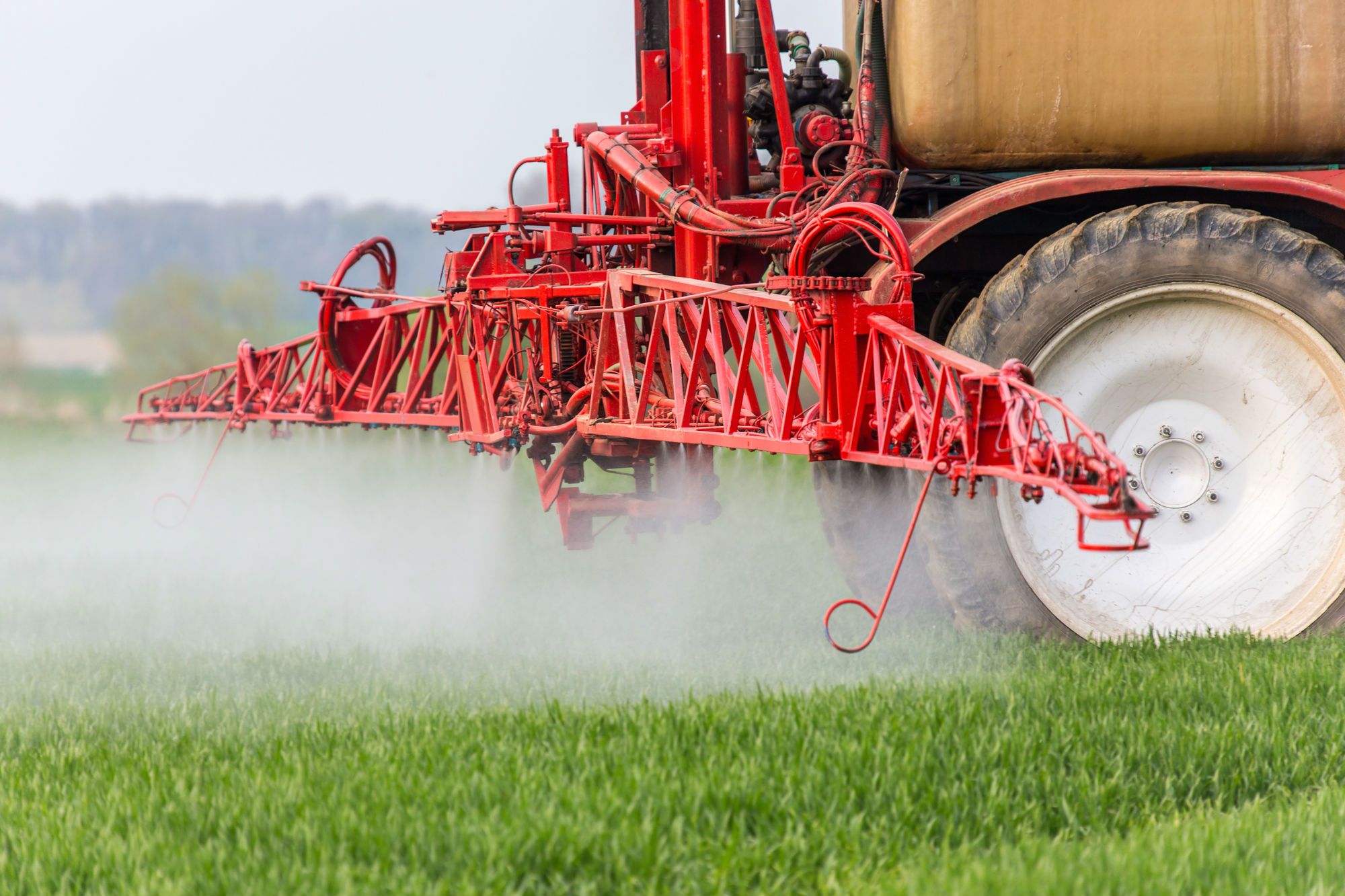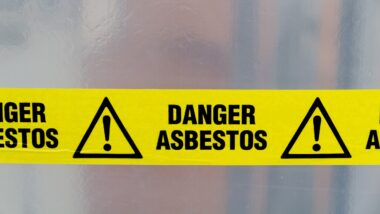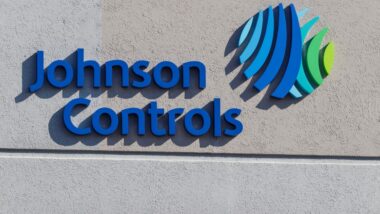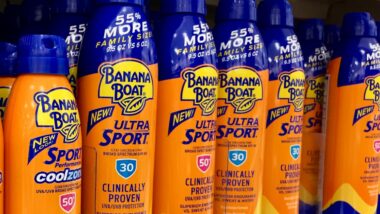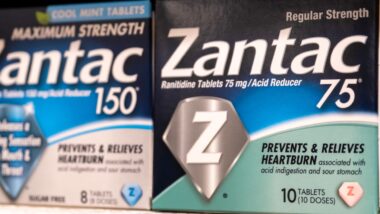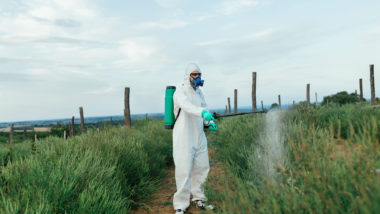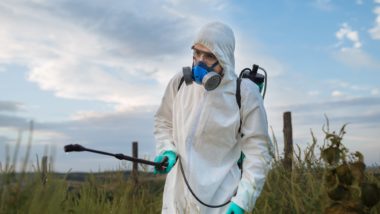Top Class Actions’s website and social media posts use affiliate links. If you make a purchase using such links, we may receive a commission, but it will not result in any additional charges to you. Please review our Affiliate Link Disclosure for more information.
Bayer and the EPA have declared glyphosate safe for humans and animals, but many scientists and juries in recent lawsuits don’t agree.
Glyphosate is the active ingredient in Roundup, an herbicide that has been widely used since the 1970s. Originally developed by Monsanto (acquired by Bayer in 2018), this product has been implicated in non-Hodgkin’s lymphoma and other forms of cancer as well as chromosomal damage, intestinal disorders such as celiac disease, and even autism.
How Widespread is the Use of Glyphosate?
Between the time of its introduction in 1974 and 2016, an estimated 9.5 billion tons of glyphosate was sprayed on food crops and gardens around the world. The U.S. accounts for approximately 20 percent of all glyphosate use. Since the introduction of genetically-modified “Roundup Ready” crops in the late 1990s, the use of glyphosate has increased by over 1400 percent.
Although used by homeowners and municipal parks departments, the vast majority of glyphosate is employed by commercial farmers, most of whom continue to consider glyphosate safe.
Is Glyphosate a Carcinogen?
In March 2015, the International Agency for Research on Cancer (IARC) released the results of its own studies, indicating that glyphosate is “probably carcinogenic to humans.” This conclusion was based on a combination of animal studies in which subjects that were fed glyphosate-contaminated food developed malignant tumors at a higher rate, and “strong evidence” of DNA mutations that are the precursors of cancer.
In addition, the IARC found “limited evidence” of an association between glyphosate and non-Hodgkin’s lymphoma.
Business Insider reports on the possible connection between Roundup and cancer, noting that one study determined that people who use glyphosate as a pesticide may be more likely than the general population to develop acute myeloid leukemia.
However, Bayer has made extensive attempts to claim that glyphosate is safe. The company has even pointed to the same study outlined by Business Insider, saying that the research showed no “statistically significant” association between glyphosate exposure and the development of cancer of any kind.
Why Does the EPA Consider Glyphosate Safe?
This is where a great deal of controversy surrounding glyphosate carcinogenicity has entered the debate. After the IARC released its findings, Monsanto began its own public relations campaign to undermine the agency’s credibility with consumers. This led to the EPA and the European Food Safety Authority conducting their own investigations. In the end, they concluded that glyphosate is not a likely carcinogen.
These conclusions have been called into question, however. In 2016, the journal Critical Reviews in Toxicology (CRIT) published a number of studies reviewing glyphosate safety. Those reviewers found glyphosate safe – but two years later, CRIT published an announcement stating that the authors did not disclose their associations with Monsanto – an affiliation that cast a shadow on their findings.
In 2016, the publication of 29 studies concluding that glyphosate “had no significant effect on the human endocrine system” led the EPA to declare glyphosate safe. However, all but one of those studies had been funded by Monsanto and other industry players.
During one glyphosate trial, lawyers for the plaintiff presented an internal email from a Monsanto executive about telephone conversations with an EPA official in which the latter said that further studies were unnecessary. He said would declare glyphosate safe, adding that he would put a halt to further research.
Significantly, one glyphosate lobbyist, interviewed on a French news program, was invited to drink a glass of the substance after publicly stating that it was safe to do so. He refused, saying, “I’m not stupid.”
Is Glyphosate Safe, According to Other Health Organizations Around The World?
While the EPA’s decision is consistent with the determination of some governing bodies around the world, others have deemed glyphosate a probable carcinogen. As noted by Business Insider, the World Health Organization’s International Agency for Research on Cancer made this determination in 2015.

However, critics of Health Canada’s determination have argued that the organization based this decision on biased studies produced from Monsanto and Bayer themselves. One such critic is EcoJustice, a Canadian law charity that points to a United States lawsuit in which plaintiffs shed light on the “Monsanto Papers.” These papers are allegedly internal Monsanto documents that suggested the company had altered scientific studies to reflect favorably on glyphosate and falsely show that the chemical is safe.
Glyphosate Lawsuits
Is glyphosate safe? According to more than 100,000 plaintiffs, no. Despite Bayer’s claims that glyphosate is safe for human exposure and has not been linked with an increased risk of cancer, thousands of consumers have filed lawsuits against the company regarding its weed killer Roundup. Many of these plaintiffs have been successful in their lawsuits, with some financial awards reaching billions of dollars. Many of these awards were later reduced.
Approximately 125,000 lawsuits have been filed against the company by plaintiffs who used Roundup for years and claim that the chemicals in the product led to negative health problems. In one case of a husband and wife who were both diagnosed with non-Hodgkins lymphoma after using Roundup for decades, they were initially awarded $2 billion. The judge later reduced the award to $87 million.
In June 2020, Bayer announced that the company would pay out more than $10 billion to resolve tens of thousands of pending claims by alleged victims. However, many victims claim that this amount is not enough, as once fees are paid the average settlement amount for each of the victims would be around $160,000. For some of them, many of whom who have been diagnosed with life-threatening cancers or are the surviving spouses of victims who have died from cancer, this sum feels like a slap in the face.
In addition to victims who claim that they developed cancer after using Roundup on their farms, crops, or gardens, there is also the possibility that some consumers may have been unknowingly exposed to glyphosate through their food.
According to Fox Business, findings from an Environmental Working Group study indicate that more than 80 percent of non-organic hummus brands, as well as the popular organic brand Sabra may contain glyphosate. As the chemical is often sprayed on crops to help dessicate them before harvest, it is possible that glyphosate traces remain on the food even after it has been processed.
If you or a loved one developed cancer after using Roundup as a farm worker or home gardener, you may have a legal claim. Legal migrant farm workers may also seek help. Learn more by filling out the form on this page for a FREE case evaluation.
ATTORNEY ADVERTISING
Top Class Actions is a Proud Member of the American Bar Association
LEGAL INFORMATION IS NOT LEGAL ADVICE
Top Class Actions Legal Statement
©2008 – 2024 Top Class Actions® LLC
Various Trademarks held by their respective owners
This website is not intended for viewing or usage by European Union citizens.
Get Help – It’s Free
Join a Free Roundup Cancer Class Action Lawsuit Investigation
For the most up-to-date information on this case, click here.

